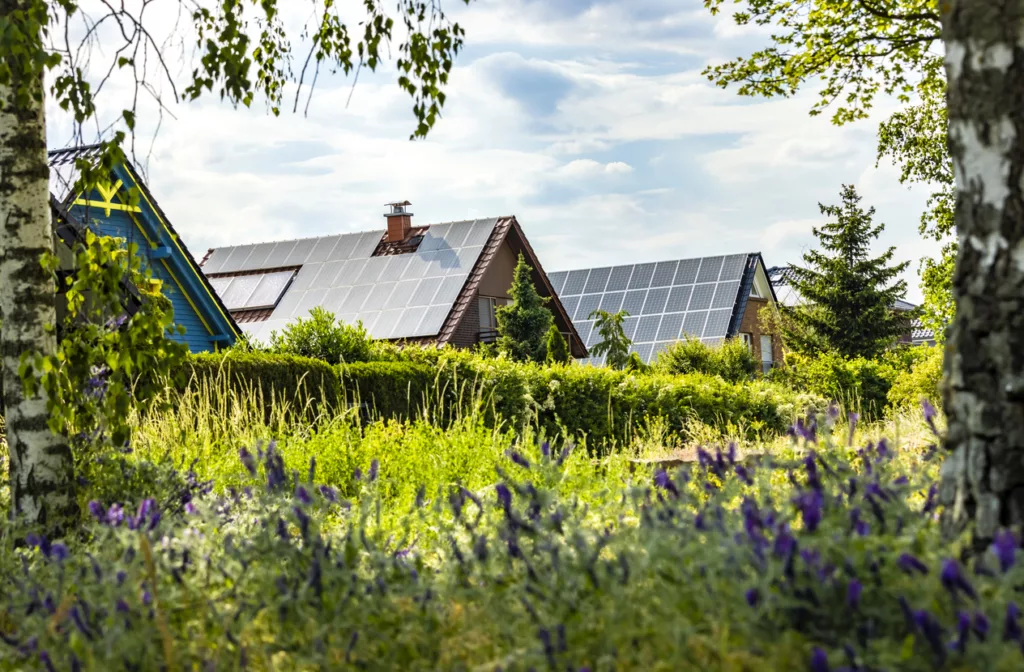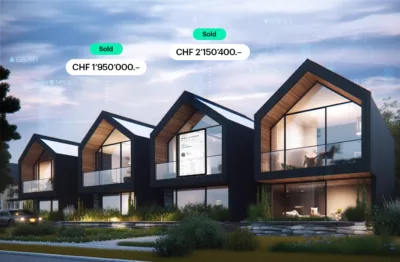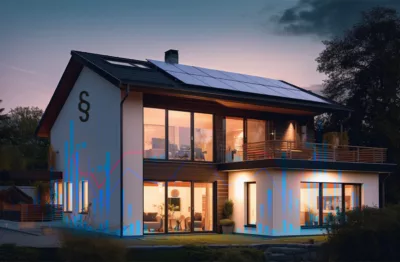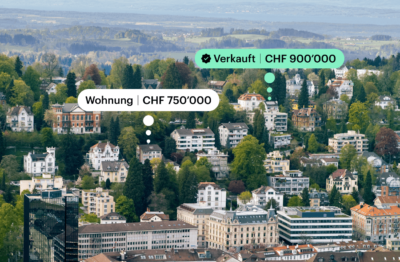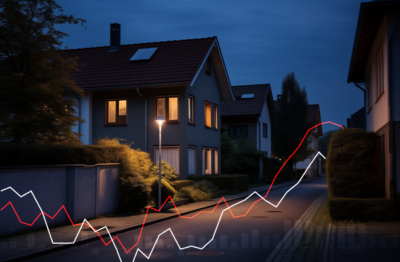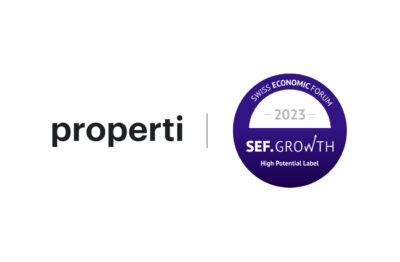ESG (Environmental, Social and Governance) perspectives are also becoming increasingly important for private real estate owners. Investing in sustainable real estate is high on the agenda of the authorities and the real estate industry, as well as for society in general. What does this mean for owners and landlords?
Table of contents
ToggleESG and real estate
ESG has become a decisive criterion for buying and selling real estate and can help determine the price and even become a deal-breaker.
It is essential for real estate professionals and owners alike to understand ESG criteria and integrate them into their actions. This includes the consideration of environmentally friendly practices, social responsibility and transparent corporate governance. Taking these aspects into account is not only important for compliance with legal regulations, but also to increase the value and attractiveness of real estate in terms of sustainable development.
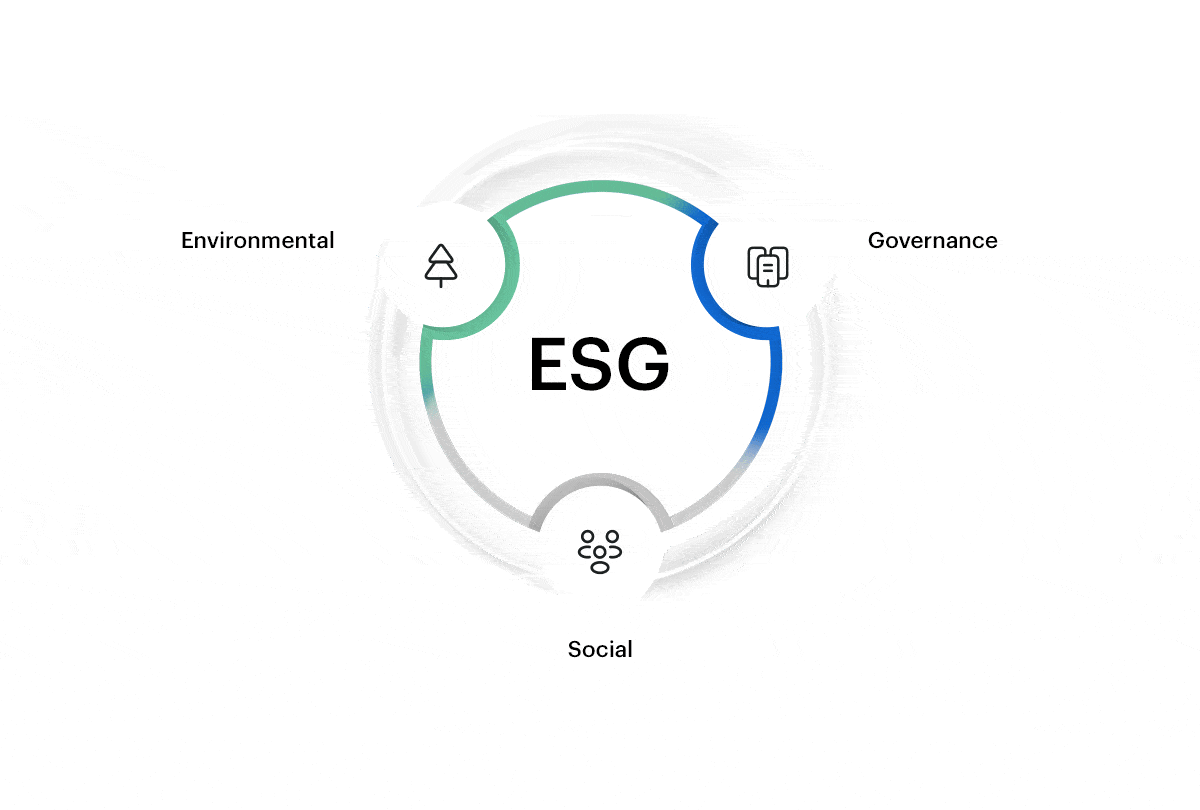
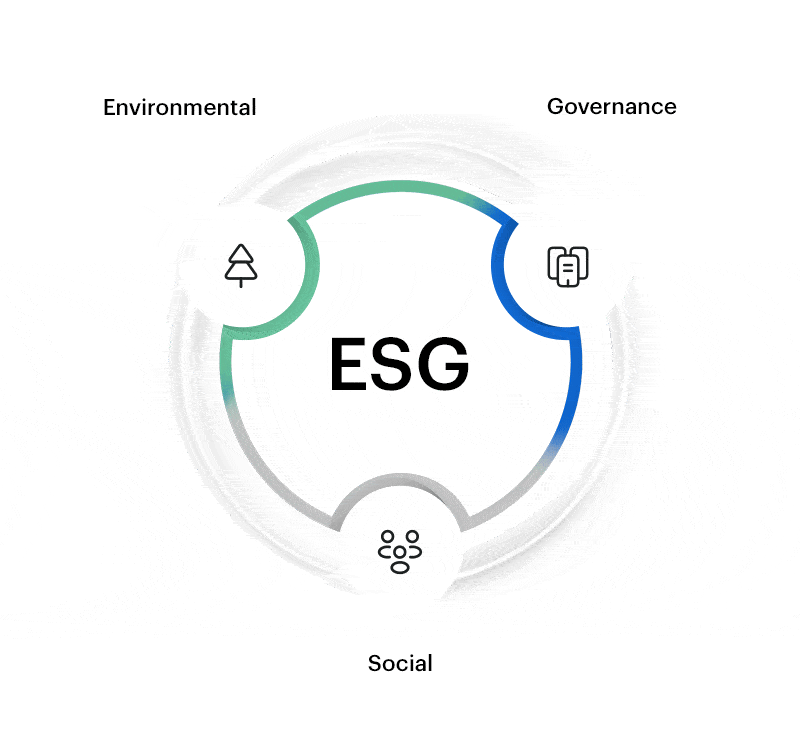
Environmental – Environmental aspects for real estate
Sustainable real estate opens up a range of opportunities and makes an important contribution to environmental protection and is becoming increasingly important, particularly in the medium and long term.
The energy supply sector offers great potential for sustainable alternatives. If a fossil fuel heating system is due to be replaced, it is possible to replace it with a heat pump. This reduces the building’s CO2 emissions and at the same time cuts operating and energy costs. Another option is a solar heating system. Thermal insulation is an important factor in terms of energy supply. Interior insulation makes sense when renovating the interior. Rooms heat up more quickly and heating costs are reduced. It is also important to consider the materials used when renovating the interior. Do they comply with the guidelines and are sustainable building materials used, such as wood, which is a local and renewable raw material? The use of wood from the surrounding area strengthens regional value creation and thus also flows into the governance sector.
In order to prove the energy efficiency of the building, it is possible to obtain a Minergie certificate during renovation. The Minergie standard forms the basis for sustainable renovations and provides a guideline for simple but high-quality modernizations. The focus here is on a high-quality building envelope and controlled air exchange. This certification increases the value of the property and can be used as a selling point.
The points mentioned above are just a few examples from an extensive list.
Use our helpful checklist to go through all the points in all ESG areas.
Social – Social aspects of real estate
Health and safety are a key issue in the social area. Air quality has a significant impact on the health of local residents. It is therefore necessary to check whether an efficient ventilation system can be installed that guarantees and controls a constant air quality. When renovating residential buildings, accessibility should also be checked so that people in wheelchairs or with walking aids can enter the building without any problems. Charging stations for e-mobility are another way of contributing to social responsibility.
Governance – Corporate management influences on real estate
Corporate management is about what happens outside the property. Risk and crisis management is an important criterion. Are potential risks identified and possible operational disruptions prevented? However, corporate governance primarily relates to larger properties such as apartment buildings or housing estates, where there are various stakeholders. Transparent communication and employee management play a central role in this. This applies not only to day-to-day dealings and interactions with employees, but also to compliance with labor law. Are the labor laws complied with? Transparent communication and leadership means that policies are clearly communicated, labor rights are respected and all employees are treated fairly.
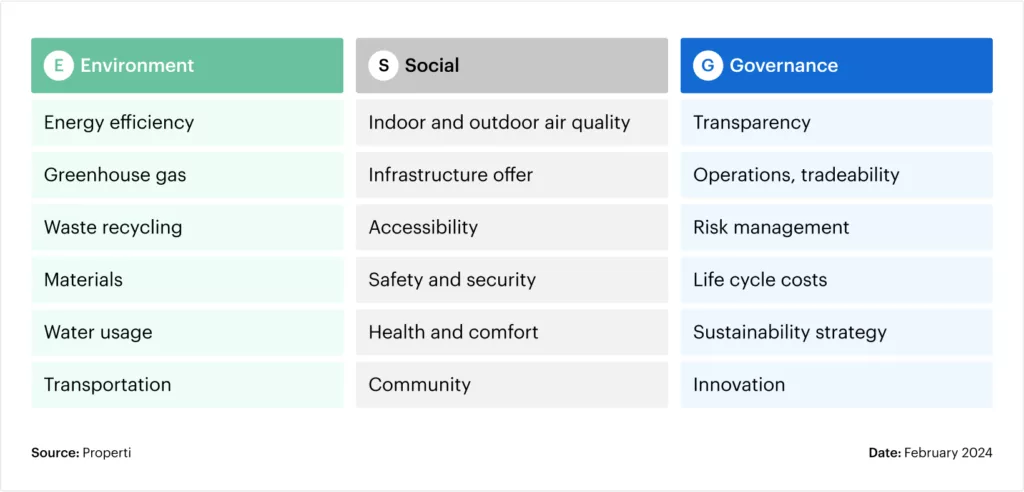
What are the advantages of sustainable real estate?
The key to sustainable real estate is longevity. This is because systems such as heat pumps or solar systems reduce ancillary costs, which pays off in the long term. This is a strong argument, especially in the current energy crisis, and in many cases leads to higher rental income and a higher willingness to pay on the part of buyers, as an empirical study by the FOEN shows. An additional advantage of sustainable refurbishment is the possibility of receiving state subsidies. This increases the attractiveness of these investments, although you should always check the framework conditions in the respective canton, as these can vary.
Conclusion
In addition to new buildings, renovations also have great potential for sustainable real estate investments. In this way, owners not only make a valuable contribution to climate protection, but can also increase the value of their property at the same time.
All data are without guarantee. The information on these Internet pages has been carefully researched. Nevertheless, no liability can be assumed for the accuracy of the information provided.
